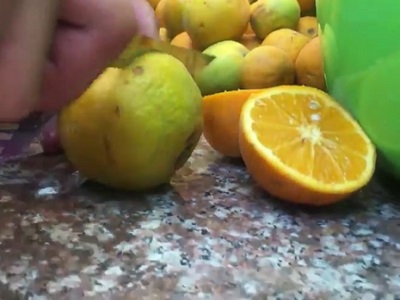
Location: Shatila camp Beirut, Lebanon
Photographer: Alaa Hamade, Beirut, Lebanon
Description: Shatila, where people put aside their guns for oranges and where people work hard for a decent living despite the harsh circumstances such as bad infrastructure, pollution and difficult access to education.
Documenting Life in Palestinian Camps in Lebanon
Following three days of training in Shatila camp in Beirut, and a day of fieldwork, participants in the ‘The Art of Sharing Life Stories with the Masses’, produced twelve projects, each of which conveyed a unique story either through a series of six photos or a short video.
The Majed Abu Sharar Media Foundation, (MASMF) organized the four-day workshop, in partnership with the Center for Refugee Rights ‘Aidoun’, (CPR), and the support of the Norwegian People’s Aid, (NPA). Mexican American filmmaker and photographer Alejandro Gomez-Meade introduced trainees to the art of documentary storytelling before presenting the elements necessary to create a documentary story through a series of photos or short video, stressing the importance of building trust between the trainees and their central characters.
Consequently, the stories produced by the twelve trainees tackled a number of issues; either directly related to the hardship of life in Palestinian camps in Lebanon, or the continuous attachment Palestinian refugees demonstrate towards their rich culture and traditions, or simple human pleasures that are usually taken for granted, and others topics like pollution and its consequences on the environment.
It is worth mentioning that MASMF works on empowering the youth in Palestinian camps and gatherings in the media field through journalism training to give them the voice to convey their stories to the world professionally away from the stereotypes of the mainstream media. MASMF is collaborating with Palestine Chronicle to publish these stories thus giving Palestinians and other marginalized groups in Lebanon a venue through which their voices can be heard by a wider spectrum of people.
If you want to learn more about the work MASMF does you can visit our website or Facebook page.
(This article was contributed to PalestineChronicle.com)




